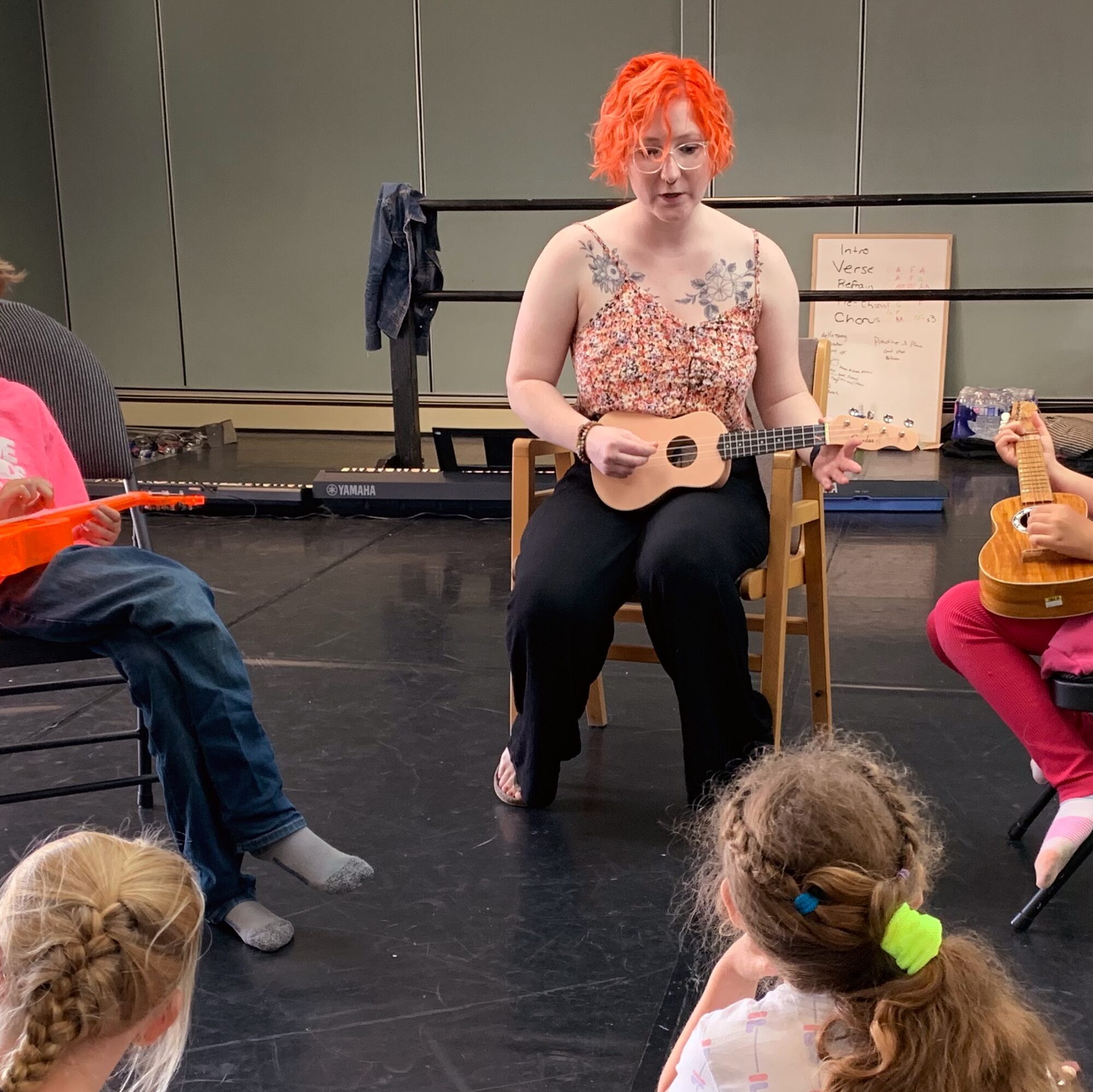Trust and community. My experience with teaching individual music lessons highlighted the importance of establishing trust and community in learning environments. As with any art, music can be very vulnerable: it puts one’s feelings on display for others to see and, potentially, judge. Trying to improve at an art can bring up feelings of doubt and worthlessness because one has to inspect their flaws in order to improve. In music there is always more to learn, which can contributes to the feeling of never being “good enough”. I’ve found that constructive feedback comes across softer if it’s coming from a teacher the student trusts.

Enjoyment above all else. I strongly believe in the benefits of enjoying an art and having it be a part of one’s life: it doesn’t have to be profitable to be worthwhile. The joys of amateur music can be beneficial to one’s physical, emotional, and mental health. Music therapy has proved this time and time again. While studying music in Winnipeg, I was able to compare the professional and amateur side of the music industry. While studying classical voice I saw some musicians battle with losing the joys of music. Through this I was teaching voice and piano. I saw students express more happiness and creativity around music and started to wonder about balance, how the repetitive and redundant aspects of being a professional musician has robed some of my peers from the joys of music.
I was able to reflect on how this affects my own students; how do I find the balance between pushing my students to improve and nurturing their positive and creative thoughts towards music? This is a fine line to walk and each student is different. While I’m getting to know a student and their specific needs I lean more towards the nurturing side. To me, it’s more important that they retain their love of music than become the best musician in the world.
